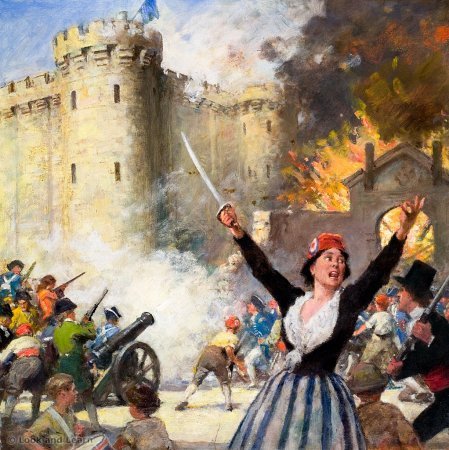 |
| A knock-down, drag-out wizard fight which Did Not Happen In The Book |
I've had several conversations over the years about magic in the use of fiction. Ever since the advent of
Harry Potter, it's been a hot topic among evangelicals. Opinions tend to be on one or the other extreme. Either no magic whatsoever, or bring on the broomsticks. Over the last year or so, I've read much thoughtful commentary on the matter. The examinations include many, many different novels. But again, most of my thoughts return to magic in my favorite:
The Lord of the Rings.
More than any other, this story permeated my childhood. Among the things I learned from it were humility, faith, courage, perseverance, friendship, and joy. As anyone who knows the stories will say, the magic is never more than a narrative device. One could (almost) read through the book and not remember any instance of overt magic. There's no question that the central essence is story-related - the characters, the conflict, the resolution.
For many, though, this isn't enough. I respect that. I really do. The Bible explicitly forbids dabbling in black arts, or white arts for that matter. But at the same time, I recognize that stories are a special case. They are in the realm of the imagination, which ranges far beyond reality. In
some cases, the same rules do not apply. Yet, as Professor Tolkien (a devout Catholic) himself believed, we may invent any sort of creatures we wish, but to call good evil, and evil good, is a sin. Then, must we completely discard anything that mentions magic? If your conscience forbids any mention of magic whatsoever, by all means, listen to it. But mine does not, and I feel the need to defend my point of view. All the same, I like to know what sort of "magic" we're talking about.

.png)




